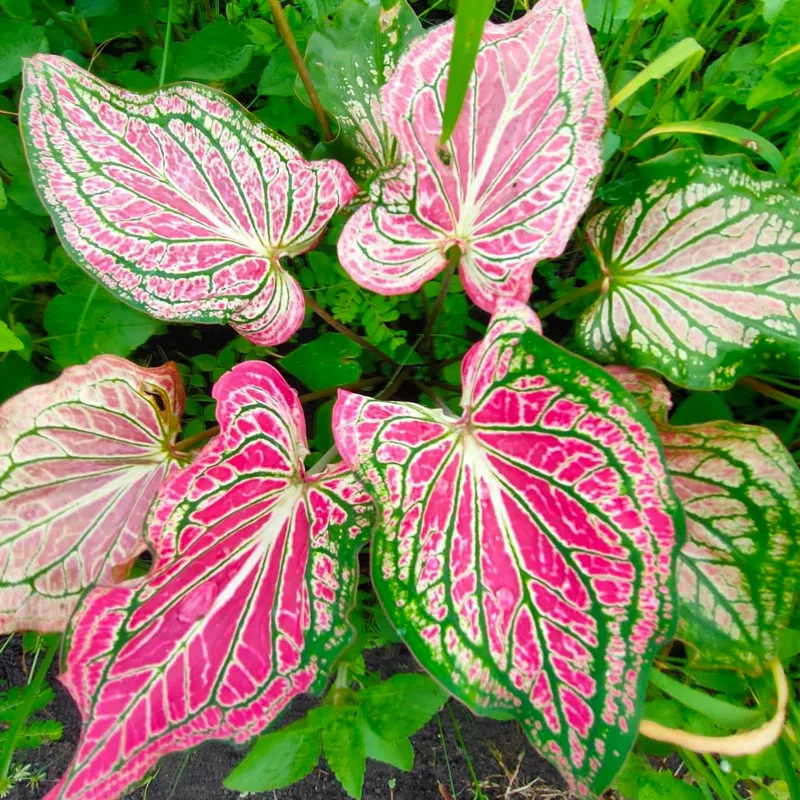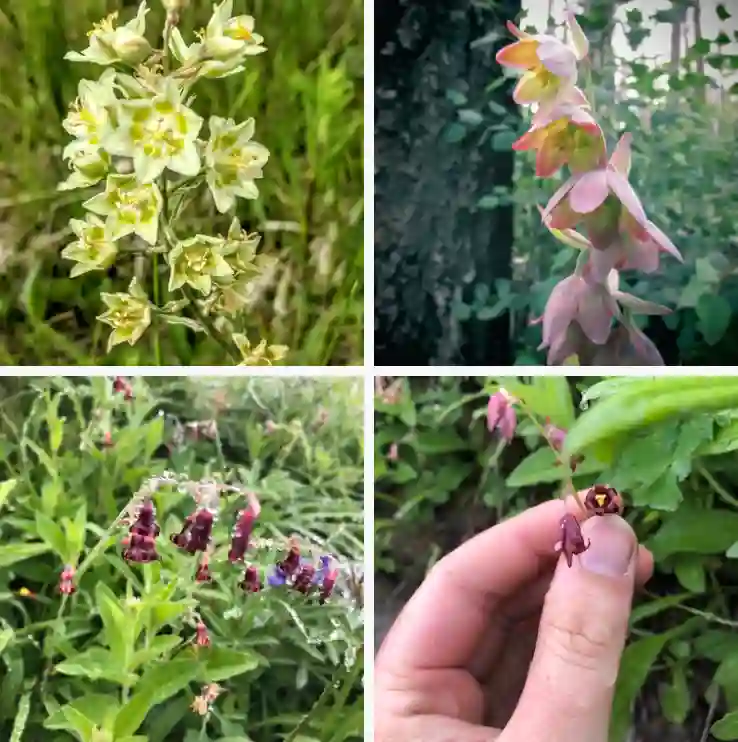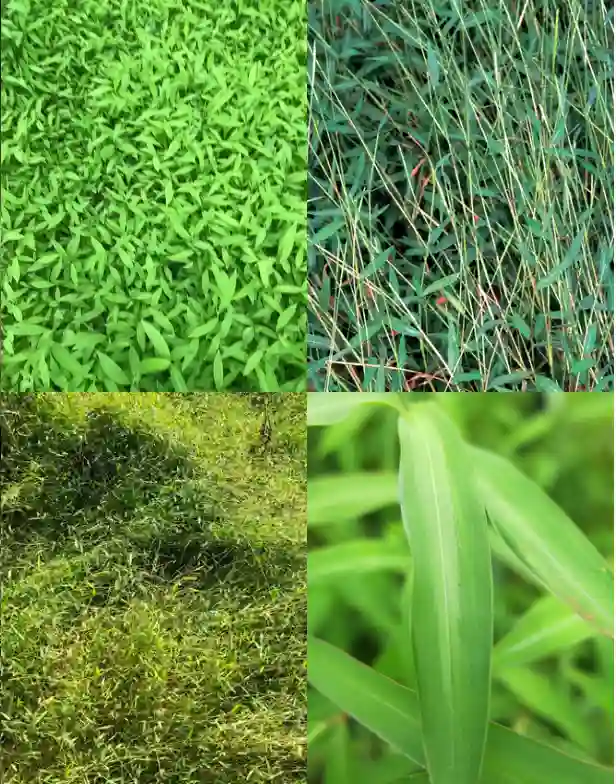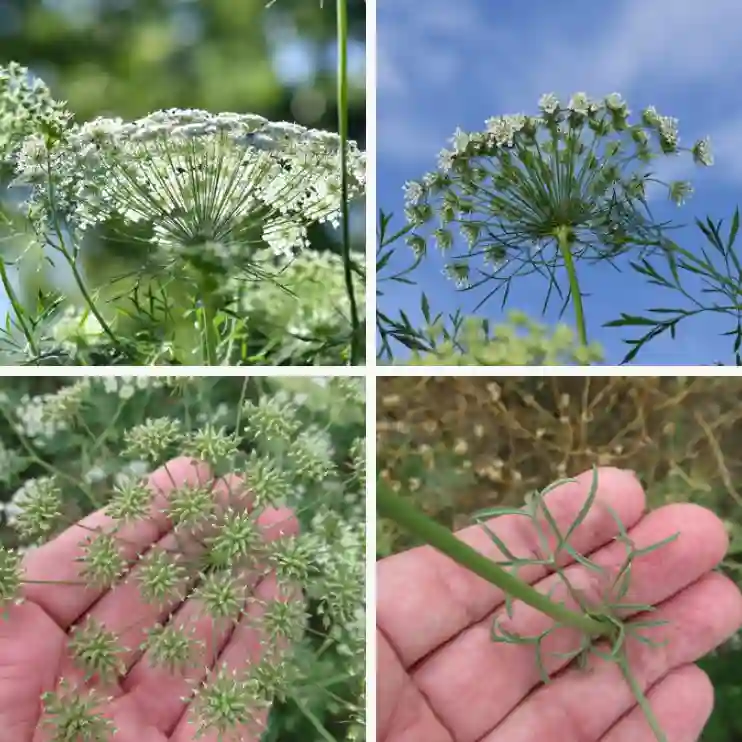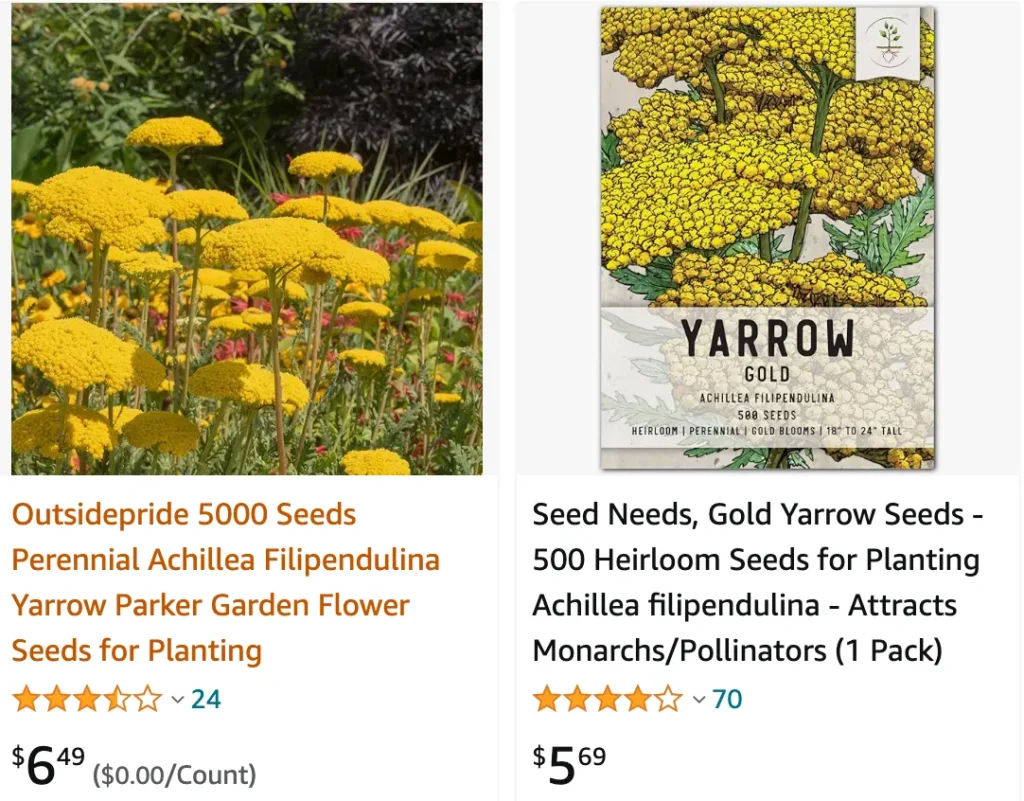
Fernleaf Yarrow: A Showy and Resilient Perennial for the Garden
As a gardener with a penchant for low-maintenance yet visually striking plants, Achillea filipendulina, or Fernleaf Yarrow, has become a firm favorite in my garden beds. This statuesque perennial boasts a unique combination of ferny foliage and long-lasting, flat flowerheads that bring a touch of sunshine to the border throughout the summer.
Over the years, I’ve experimented with different varieties and placements for this versatile plant, and I’m excited to share my experience and insights with you.
186 Species in Genus Achillea
Achillea Filipendulina vs Achillea Millefolium
I’ve found Achillea Filipendulina to be a standout with its tall, golden-yellow blooms and strong, architectural presence, while Achillea Millefolium has impressed me with its dense, feathery foliage and a range of colors, but its shorter height and more subtle impact make it less striking in comparison.
Planting a Piece of History
The Fernleaf Yarrow’s origins lie in the heart of Central and Southwest Asia, gracing the landscapes of countries like Afghanistan, Iran, and Kazakhstan. Its journey westward led to naturalization in parts of Europe and North America, where it continues to thrive in well-drained soils and sunny spots. This historical perspective adds a touch of intrigue to this easy-going perennial.
How to care for Achillea Filipendulina?
The Fernleaf Yarrow isn’t just beautiful; it’s also remarkably undemanding. Here’s what you need to know to cultivate this charmer in your own garden:
- Sun Seeker: This plant thrives in full sun, so dedicate a spot in your garden that receives at least 6-8 hours of direct sunlight daily.
- Adaptable to Soil: While ordinary garden loam is perfectly suitable, Achillea filipendulina is remarkably forgiving. It tolerates poor soil conditions as long as drainage is good.
- Watering Wisely: Once established, the Fernleaf Yarrow exhibits impressive drought tolerance. Occasional watering during extended dry spells is sufficient.
- Planting Power: Spring is the ideal time to plant your Achillea filipendulina. Dig a hole slightly larger than the root ball and gently settle the plant in. Water thoroughly and mulch around the base to retain moisture.
A Feast for the Eyes, Not the Stomach
Are Achillea filipendulina Edible? While some Achillea varieties have historical medicinal uses, Achillea filipendulina is not recommended for consumption. Its ferny foliage and flat flowerheads are best enjoyed for their aesthetic appeal.
Long-Lasting Beauty
The Fernleaf Yarrow truly shines in the realm of flower power. Its flat, clustered flowerheads, typically in shades of yellow or white, bloom profusely from early to late summer. The long-lasting blooms not only add a burst of color to your garden but are also excellent candidates for cutting and drying.
Is Achillea filipendulina Evergreen?
No, the Fernleaf Yarrow is not an evergreen plant. After the first frosts, the foliage dies back, leaving behind a tidy clump that adds a touch of winter structure to the garden. Come spring, fresh, feathery foliage emerges anew.
Sharing the Stage
The Fernleaf Yarrow plays well with others! Here are some ideas for companion plants:
- Grasses: Ornamental grasses like Calamagrostis or Miscanthus provide a textural contrast to the ferny foliage.
- Catmint (Nepeta): The purple blooms of Nepeta create a harmonious color combination with the yellow or white flowers of Achillea filipendulina.
- Russian Sage (Perovskia): The blue flowers of Russian Sage offer a stunning counterpoint to the yellow blooms of the Fernleaf Yarrow.
Propagation Powerhouse
The Fernleaf Yarrow offers multiple ways to expand your collection:
- Seed Sowing: Seeds can be sown indoors in late winter or directly outdoors in spring.
- Division: Established clumps can be divided in spring or fall. Simply dig up the clump, carefully separate the sections, and replant them in new locations.
With its easygoing nature, stunning blooms, and long-lasting presence, the Fernleaf Yarrow is a must-have for any garden. So, give this historical charmer a try, and watch it become a mainstay in your own floral haven.
If i die, water my plants!
